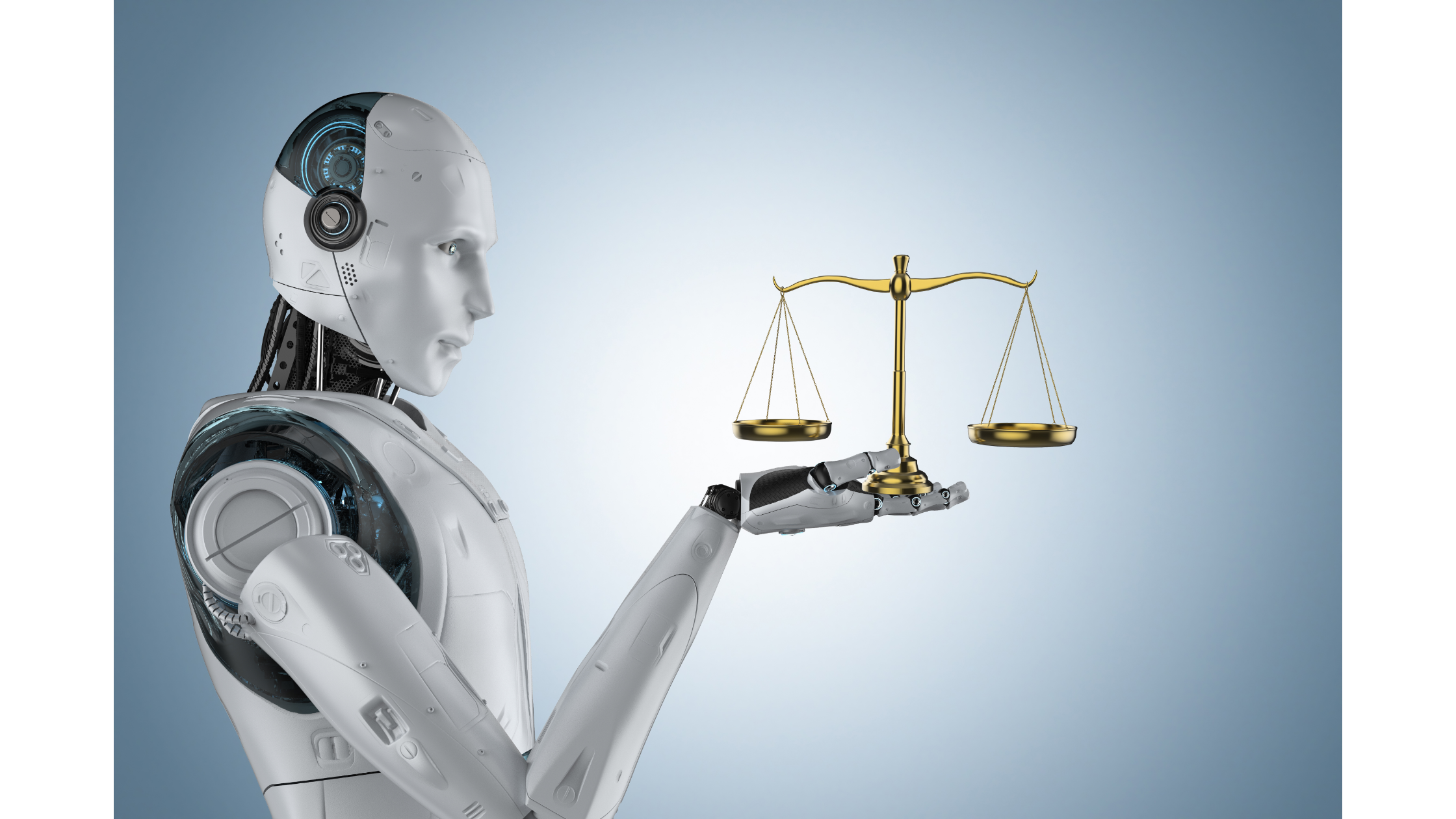In recent years, artificial intelligence has made significant inroads into various sectors, and the legal domain is no exception. At the forefront of this technological revolution is OpenAI, a leading AI research lab known for its groundbreaking advancements. This post delves into how OpenAI’s innovations are transforming legal processes, presenting both opportunities and challenges for the justice system.
The Rise of AI in Law: AI’s integration into law is not entirely new, but it has accelerated thanks to organizations like OpenAI. From document analysis to predictive algorithms, AI is being used to streamline operations, reduce costs, and even predict case outcomes. Legal firms and courts are adopting these technologies to enhance efficiency and decision-making.
OpenAI’s Contributions: OpenAI’s developments, particularly in language processing with tools like GPT-3, have vast implications for the legal industry. Features like natural language understanding and generation enable the automation of tasks like legal research, drafting documents, and analyzing legal precedents. These tools are becoming invaluable for lawyers and paralegals, allowing them to focus on more complex legal reasoning and client interactions.
Ethical and Legal Implications: The use of AI in legal contexts raises significant ethical and legal questions. Issues such as algorithmic bias, transparency, and accountability are at the forefront. Ensuring that AI tools like those developed by OpenAI are used fairly and responsibly is crucial. The legal system itself might need to evolve to address these new challenges.
Future Prospects and Challenges: Looking ahead, the potential of AI in law is vast. However, this comes with challenges, including the need for regulations to govern AI’s use in legal processes, training legal professionals to work alongside AI, and ensuring access to justice is not compromised.
Conclusion: OpenAI’s foray into the legal realm is a testament to AI’s transformative power. While its full impact remains to be seen, one thing is clear: the intersection of AI and law will continue to be a dynamic and critical area of development. As we navigate this new frontier, balancing innovation with ethical considerations will be key to harnessing AI’s full potential in advancing justice and legal services.
